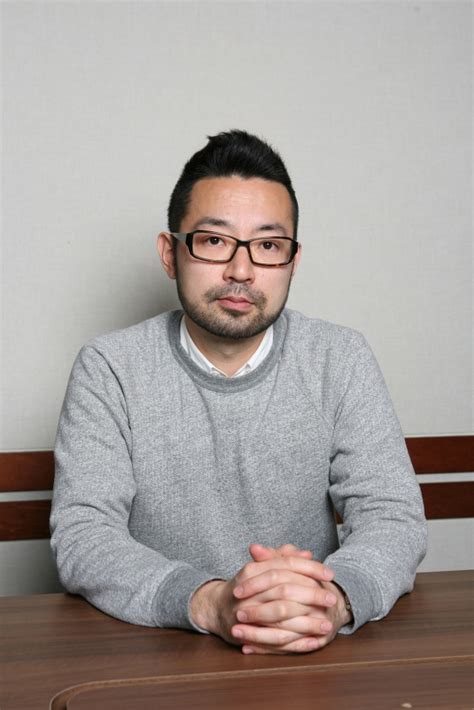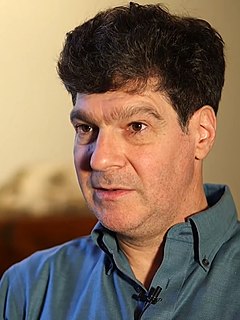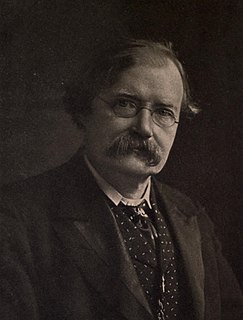A Quote by Francis Bacon
It is a miserable state of mind to have few things to desire and many things to fear.
Quote Topics
Related Quotes
Whatever the mind of man can conceive and believe, it can achieve. Thoughts are things! And powerful things at that, when mixed with definiteness of purpose, and burning desire, can be translated into riches. Use auto-suggestion, have faith, imagination and overcome fear and time is your opposite player as in checkerboard.
There was this interesting quote: try and live your life without fear and desire. It's this concept that's like when you look at a painting in a museum and you are held in aesthetic arrest. So the I, the ego, is stripped, is gone. The observer and thing become one. That's where fear and desire come in because you don't want to own it, possess it, desire it, and it's not moving you to fear. It's like you're in this harmonious state with the object.
Jesus has many who love the kingdom of God, but few who bear a cross. He has many who desire His comfort, but few who desire His suffering. All want to rejoice with him, but few are willing to suffer for Him. He writes; there are many who admire his miracles, but there are few who follow in the humiliation of the cross.









































